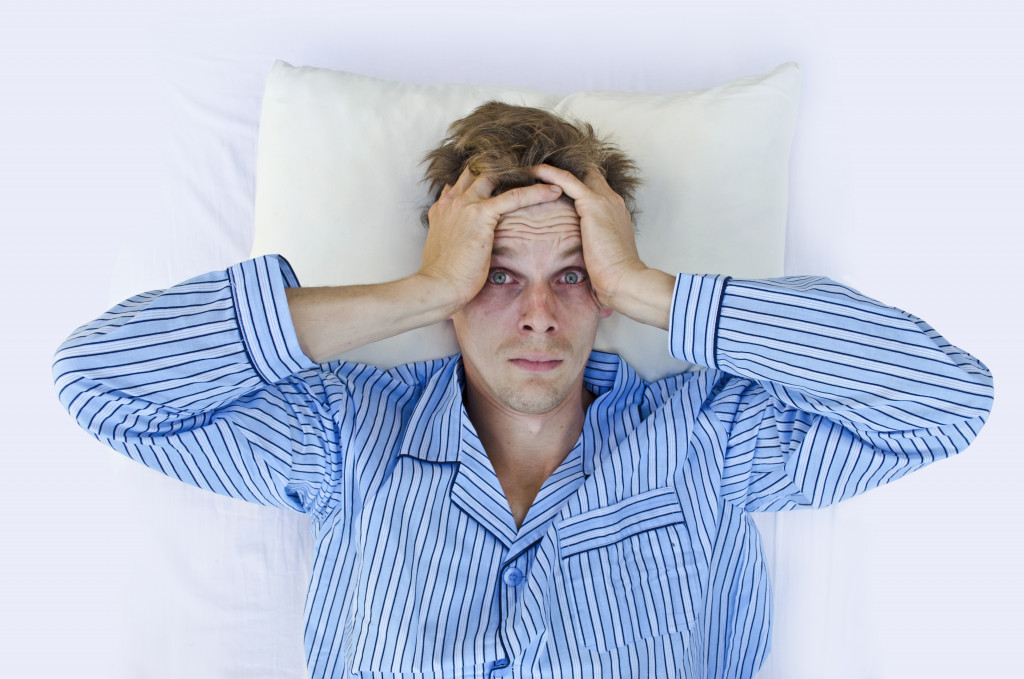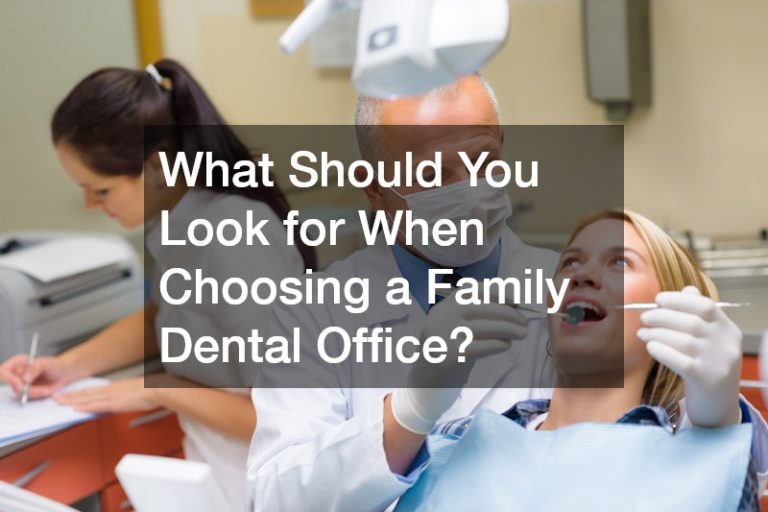• Sleep disorders are any type of condition that affects the quality or duration of sleep.
• Common sleep disorders include insomnia, sleep apnea, and narcolepsy, all presenting different symptoms and requiring other treatments.
• Stress, dental issues, medication, and age are all potential causes of sleep disorders.
• Insomnia can cause fatigue, impaired concentration and memory, irritability, mood swings, and other issues.
• Sleep apnea is usually treated with continuous positive airway pressure (CPAP) machines or dental appliances.
Sleep is an essential part of life. It’s a time for your body to rest and recharge – yet many people suffer from sleep disorders that can make it challenging to get the rest you need. Over time, a lack of sleep can severely affect your physical and mental health. To get the best rest possible, it’s essential to understand common sleep disorders and how they can be managed.
What Are Sleep Disorders?
Sleep disorders are any disorder that affects the quality or duration of sleep. These disorders can range from difficulty falling asleep to difficulty staying asleep. Here are some of the most common types of sleeping disorders:
Insomnia
Insomnia is one of the most common sleeping disorders, characterized by difficulty falling asleep or staying asleep throughout the night. Insomnia can cause fatigue, impaired concentration and memory, irritability, mood swings, and other issues.
Common causes include stress, anxiety and depression, certain medications, lifestyle choices (such as drinking too much caffeine late in the day), or an underlying medical condition like sleep apnea or restless leg syndrome.
Treatment may include lifestyle changes such as avoiding caffeine late in the day or establishing a consistent bedtime routine; cognitive behavioral therapy; medications; or natural remedies such as relaxation techniques or herbal supplements.

Sleep Apnea
Sleep apnea is another common disorder affecting millions of Americans annually. It occurs when a person’s breathing repeatedly stops during sleep due to airway obstruction caused by relaxed throat muscles. Additionally, do your best to keep these obstructions clear by keeping a healthy weight as you grow older.
This can lead to fatigue during the daytime hours due to a lack of sufficient restful sleep at night. The most common treatments are continuous positive airway pressure (CPAP) machines and dental appliances designed to keep airways open while sleeping.
Surgery may also be recommended if other treatments do not successfully treat obstructive sleep apnea symptoms.
Narcolepsy
Narcolepsy is a neurological disorder characterized by excessive daytime sleepiness (EDS) even after adequate nighttime rest.
People with narcolepsy often experience episodes of suddenly falling asleep during activities like talking on the phone or driving a car—a phenomenon known as cataplexy—and disrupted nighttime slumber due to frequent awakenings throughout the night. Treatment typically includes lifestyle changes such as avoiding large meals before bedtime or limiting caffeine intake; medications; psychotherapy; or natural remedies like acupuncture and yoga.
Reasons Behind Sleep Disorders
Sleep disorders happen for a variety of reasons. Here are some of them:
Stress
One of the most common causes of sleep disorders is stress. Stress can interfere with the body’s ability to fall asleep or stay asleep, resulting in insomnia and other issues. In addition, it can often lead to insomnia in the long run, mainly if the person is overly exerted. One way to deal with this is by looking for ways to relieve stress, such as taking a hot shower, reading a book, or listening to calming music.

Dental Problems
One of the most common causes of sleep disorders is dental issues. One of them is oral pain due to infections. To reduce oral diseases, you’ll need to replace any teeth you’ve lost. A robust dental implant can do this for you. It can protect your teeth from further damage and give you a better chance of getting the restful sleep your body needs.
Medication
Certain medications can affect sleep as well. If you’re taking medication that makes it harder for you to fall asleep or stay asleep, talk to your doctor about reducing the dosage or switching to a different one.
Age
The body naturally changes as people age. This can cause sleep disturbances, such as waking up more frequently throughout the night or having trouble falling asleep in the first place. Also, hormonal changes during menopause can significantly disrupt sleep-wake cycles, so you must seek medical advice if you’re experiencing this.
Sleep disorders can significantly reduce the quality of life. Knowing the common causes and symptoms of these conditions can help you identify any issues and make the necessary changes to get a better night’s rest.






